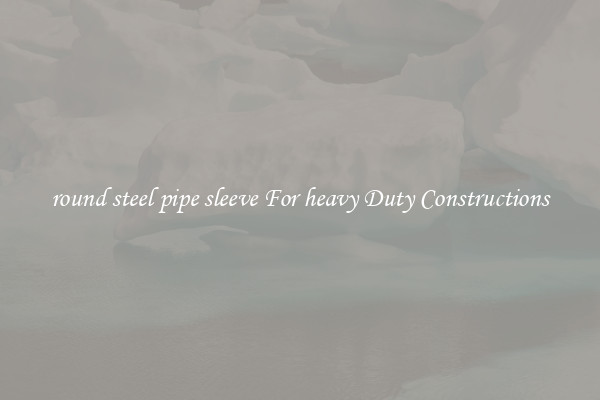galvanized pipe wall thickness For heavy Duty Constructions
Galvanized pipes are commonly used in heavy-duty constructions due to their durability and resistance to corrosion. One important factor to consider when using galvanized pipes for such constructions is the wall thickness of the pipes. Wall thickness plays a crucial role in determining the strength and durability of the pipes, especially in heavy-duty applications.

Galvanized pipes are made by coating regular steel pipes with a layer of zinc. This zinc coating helps to protect the steel from corrosion and rust, making the pipes suitable for outdoor and high-moisture environments. However, the thickness of the zinc coating can vary, and it is important to choose pipes with an appropriate wall thickness for heavy-duty constructions.
The wall thickness of galvanized pipes is typically measured in terms of schedule, with higher schedule numbers indicating thicker walls. For heavy-duty constructions, it is recommended to choose pipes with a higher schedule number to ensure maximum strength and durability. Common schedule numbers for galvanized pipes used in heavy-duty applications range from Schedule 40 to Schedule 80.
Schedule 40 pipes are the most commonly used for general-purpose applications and have a medium wall thickness. They are suitable for light to medium-duty constructions where strength and durability are important but not critical. However, for heavy-duty constructions that require maximum strength and durability, it is recommended to use Schedule 80 pipes.
Schedule 80 pipes have a thicker wall compared to Schedule 40 pipes, providing greater strength and durability. These pipes are ideal for heavy-duty applications such as structural supports, industrial piping, and other high-stress environments. The thicker wall of Schedule 80 pipes ensures that they can withstand higher pressure and load-bearing capacities, making them suitable for demanding construction projects.
When selecting galvanized pipes for heavy-duty constructions, it is important to consult with a professional to determine the appropriate wall thickness based on the specific requirements of the project. Factors such as the type of construction, load-bearing capacity, and environmental conditions should be taken into consideration when choosing the right wall thickness for galvanized pipes.
In conclusion, galvanized pipes with a suitable wall thickness are essential for heavy-duty constructions where strength and durability are paramount. Choosing pipes with a higher schedule number, such as Schedule 80, ensures maximum strength and reliability in demanding environments. By selecting the right wall thickness for galvanized pipes, construction projects can be completed with confidence and peace of mind.

View details

View details

View details

View details








